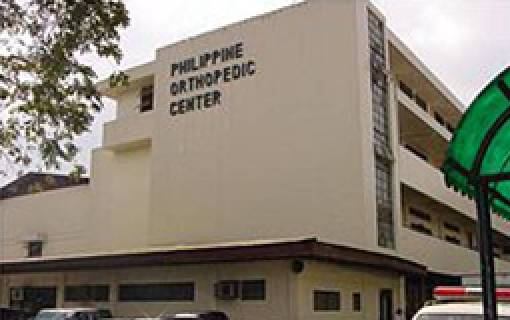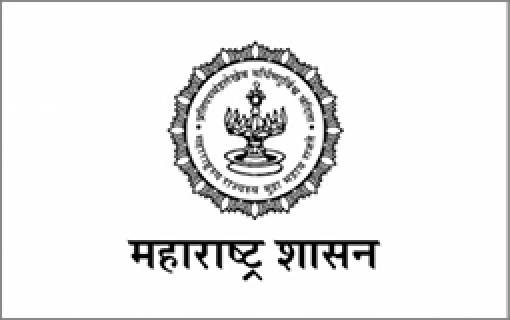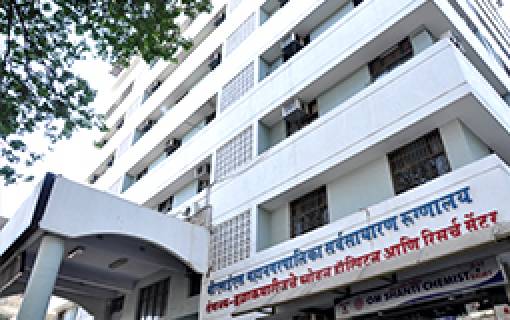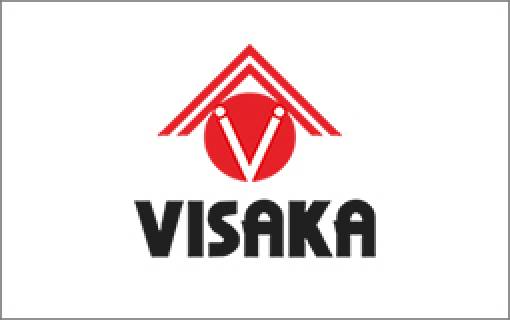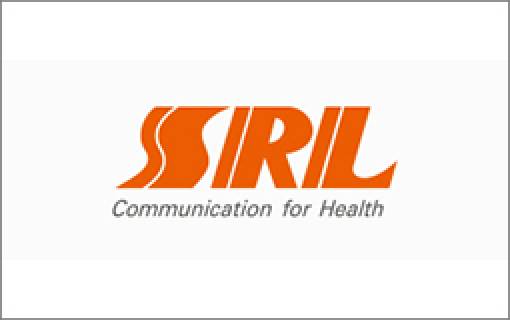Planning hospital waste management

Hospitals generate a lot of bio-hazardous waste, along with the routine domestic waste. This waste needs to be managed effectively in order to ensure that there is no damage to the environment and to the society. Furthermore, it is also essential for hospitals to plan their hospital waste management efficiently to ensure minimum resource utilization and cost-effectiveness.
Hospital waste management is typically undertaken by the housekeeping department of a hospital. From a better hospital operations management perspective, it is advisable to have dedicated staff, under the housekeeping department, doing this activity. This ensures that adequately trained and experienced individuals conduct the job with full responsibility.
The waste management department at a hospital is responsible for safe and timely collection of waste, its adequate segregation, its labeling & packaging and its safe disposal from across the different departments of a hospital. The department should conduct all its waste management process as per the regulatory guidelines given by the Central, State and local Government bodies and also according to quality guidelines. As hospital operations management consultants, we advise hospitals to monitor their out-sourced waste disposal agency, too, for its efficiency and regulatory compliance.

Presenter: Dr.L.Karthiyayini. Moderator: Dr. A.Mehendale.
Given below are some of the practices in hospital waste management that can be adopted for better hospital operations management –
- The bio-medical waste collection in the department should be done in color-coded bins
- The frequency and timing of waste collection from the department should be pre-decided after discussions with the concerned departments. Ideally, it is apt to do the collection at the beginning or at the end of every shift.
- The waste bags should be barcoded and labeled with the department name that they are collected from. This ensures easy trouble-shooting in case of mishaps.
- It is a best-practice to sterilize the infected waste (red bag) before its disposal
- The collected waste must be weighed and the details should be recorded before its disposal from the hospital
- All the bio-medical waste department staff must be duly-protected by Person Protective Equipment (PPE) at all times
- It is recommended for the hospital to set quality benchmarks for itself for timely collection and disposal of waste. For instance, waste collection from the department could be done every 8 hours, waste disposal from the hospital premises could be done within 24 hours of its generation, etc.
- The hospital should keep its weight-recording report updated and match it with that of the disposing agency on a regular basis
- On an average, 1 kg / bed is the standard quantum of bio-medical waste generated at a hospital. The same can be used as a benchmark for quality monitoring purpose
- It is imperative to follow local and national regulatory guidelines and NABH / JCI norms for optimum hospital operations management.
We would love to talk to you about your vision for your healthcare project and provide meaningful insights into how we can help you realize your goals. We look forward to hearing from you.
Project Highlights
We have had a proud association with various prestigious clients and projects.
Need Help? Send in your query.
Please fill out the form below and we will get back to you as soon as possible.






